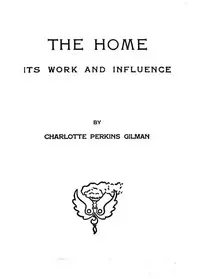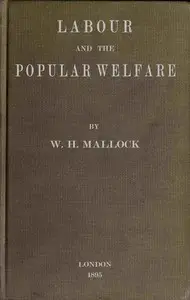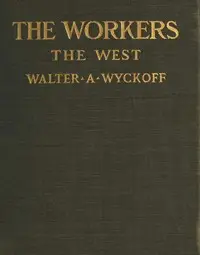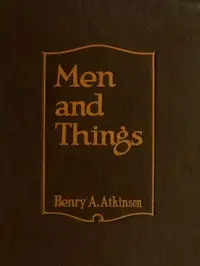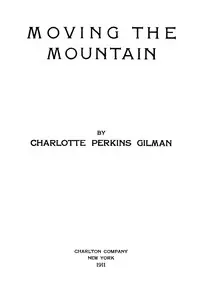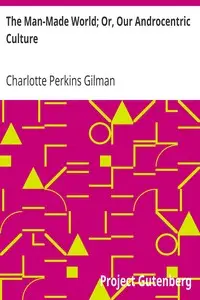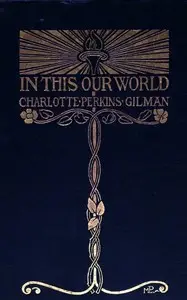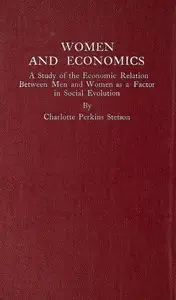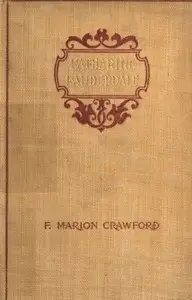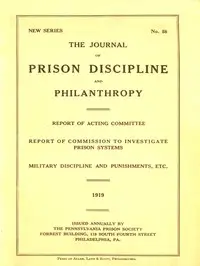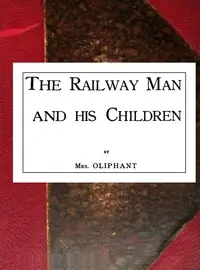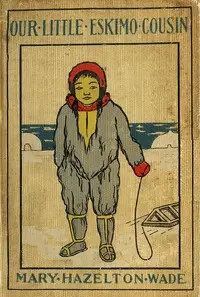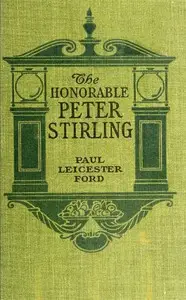"Human Work" by Charlotte Perkins Gilman is a detailed look at the way society and the economy work together, written during the early 1900s. The book examines how people organize themselves and how money moves around, shining a light on the idea of "work" and what it means for everyone. Gilman believes that misunderstandings about work and how we relate to each other cause a lot of problems and unhappiness. She suggests that if we understand labor better and give it the respect it deserves, we can make things better. The book starts by saying that the way we live together is incredibly important, but we often don't understand it well, and that many of our outdated societal views are the root cause of suffering, setting the stage for examining these economic ideas more closely in the rest of the book.
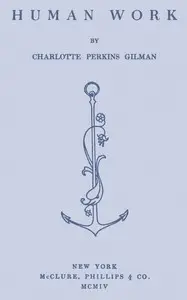
Human Work
By Charlotte Perkins Gilman
Explore a world where outdated ideas about work cause widespread suffering, and discover how a fresh perspective could change everything.
Summary
About the AuthorCharlotte Perkins Gilman, also known by her first married name Charlotte Perkins Stetson, was an American humanist, novelist, writer, lecturer, early sociologist, advocate for social reform, and eugenicist. She was a utopian feminist and served as a role model for future generations of feminists because of her unorthodox concepts and lifestyle. Her works were primarily focused on gender, specifically gendered labor division in society, and the problem of male domination. She has been inducted into the National Women's Hall of Fame. Her best remembered work today is her semi-autobiographical short story "The Yellow Wallpaper", which she wrote after a severe bout of postpartum psychosis.
Charlotte Perkins Gilman, also known by her first married name Charlotte Perkins Stetson, was an American humanist, novelist, writer, lecturer, early sociologist, advocate for social reform, and eugenicist. She was a utopian feminist and served as a role model for future generations of feminists because of her unorthodox concepts and lifestyle. Her works were primarily focused on gender, specifically gendered labor division in society, and the problem of male domination. She has been inducted into the National Women's Hall of Fame. Her best remembered work today is her semi-autobiographical short story "The Yellow Wallpaper", which she wrote after a severe bout of postpartum psychosis.


